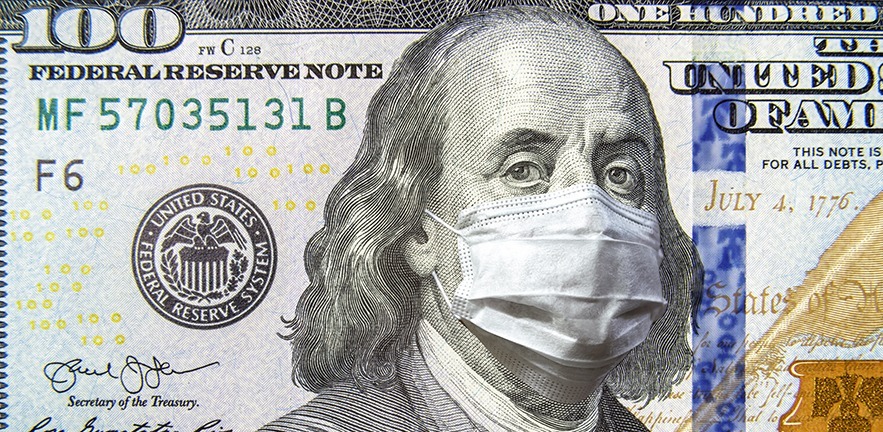Early-stage finance research exploring the impact of COVID-19 on important financial outcomes such as household spending and investor expectations, by Dr Scott Guernsey, Research Associate at the Cambridge Centre for Finance and the Cambridge Endowment for Research and Finance (CERF).


In the first article, “How does household spending respond to an epidemic? Consumption during the 2020 COVID-19 pandemic”, Professors Scott Baker (Northwestern University), Robert Farrokhnia (Columbia University), Steffen Meyer (University of Southern Denmark), Michaela Pagel (Columbia University), and Constantine Yannelis (University of Chicago) investigate how US households altered their consumption behaviour in response to the COVID-19 (coronavirus) outbreak. Using transaction-level household financial data, the paper finds that households’ spending markedly increased as initial news about the spread of COVID-19 in their local area intensified. The initial increase in spending suggests that households were attempting to stockpile essential goods in anticipation of current and future disruptions in their ability to frequent local retailers.
Meanwhile, as COVID-19 spread, more households remained at home, sharply decreasing their spending at restaurants and retail stores, and their purchase of air travel and public transportation. These effects are magnified for households in states that issued “shelter-in-place” orders, with the increases in grocery spending nearly three times larger, and the decreases in discretionary spending (i.e. restaurants, retail, air travel, and public transport) twice as large, relative to households located in states without such orders. Lastly, the paper finds (perhaps surprisingly) that Republican households, though reporting to (Axios‘) pollsters as perceiving the COVID-19 threat as “generally exaggerated”, actually outspent Democrat households in the early days of the virus on stockpiling groceries and (less surprisingly) reduced restaurant and retail expenditure less.
The second article, “Coronavirus: impact on stock prices and growth expectations”, by Professors Niels Gormsen (University of Chicago) and Ralph Koijen (University of Chicago) helps to quantify some of the economic costs associated with COVID-19. Employing data from the aggregate equity market and dividend futures, the paper explores how EU and US investors’ expectations about economic growth has changed in response to the spread of the COVID-19 virus and subsequent actions by policymakers.
The authors forecast that the annual growth in dividends is down 28 per cent in the EU and 17 per cent in the US. Further, their forecasts imply GDP growth is down by 6.3 per cent in the EU and 3.8 per cent in the US. The lower bound for the EU (US) on the change in expected dividends is forecasted to realise at the two-year horizon at about negative 46 per cent (30 per cent). On the bright side, their estimates imply signs of catch-up growth over the three- to seven-year horizon. Finally, they document that news about economic relief programmes and fiscal stimulus tends to increase long-term growth expectations but does very little in improving expectations about short-term growth.

